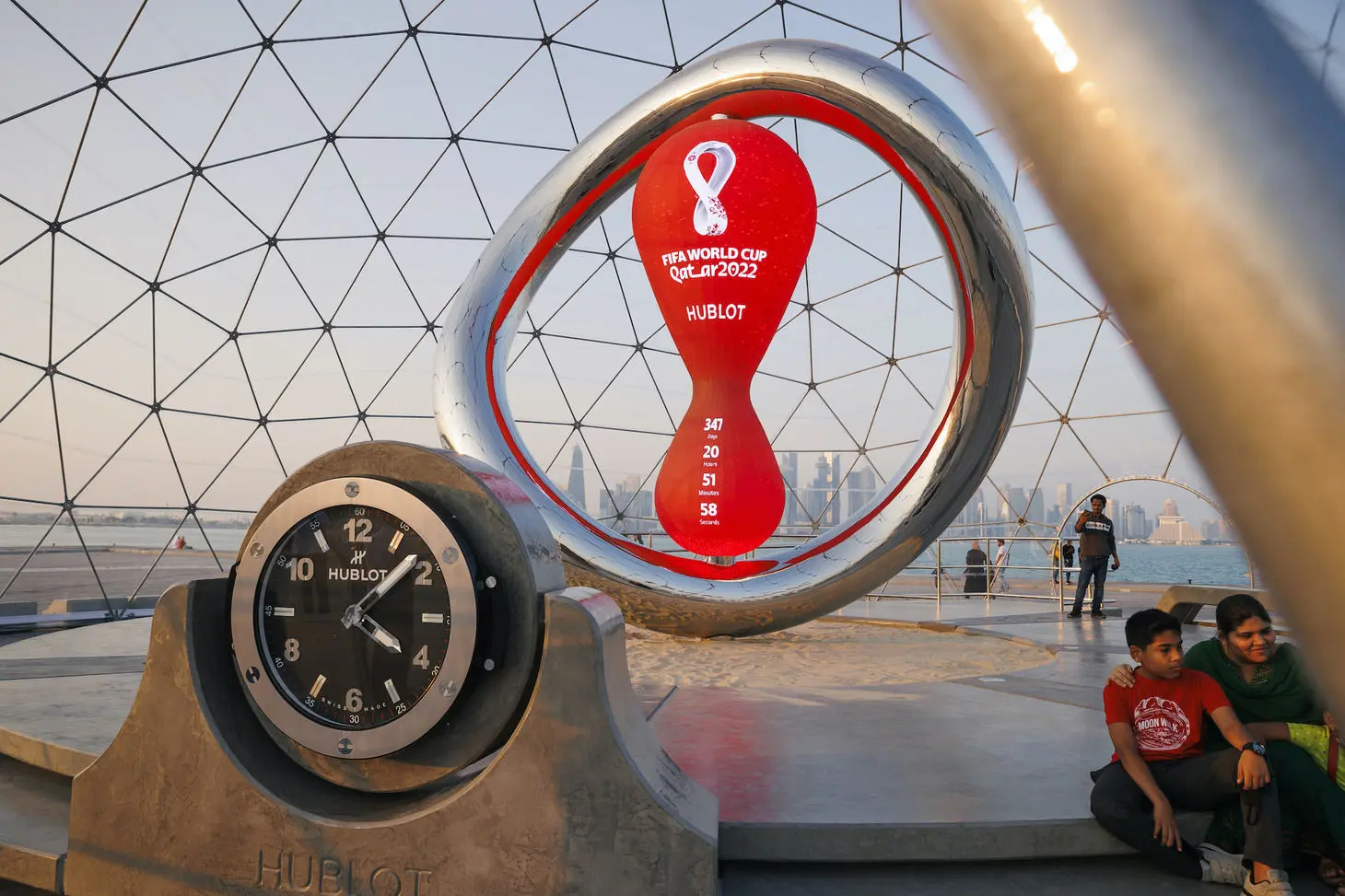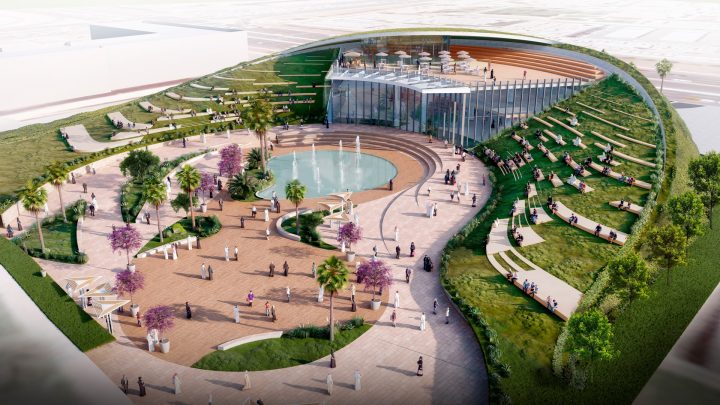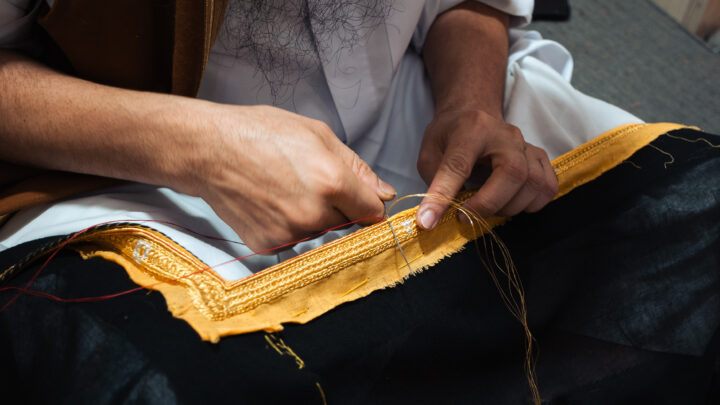November 2023
One Year On: The 2022 FIFA World Cup Qatar
Fatma Al Nuaimi, the Communications and Media Executive Director at the Supreme Committee for Delivery and Legacy, was one of the people behind the successful delivery of the FIFA World Cup Qatar 2022™.
In an interview with Q Life, Al Nuaimi explains the impact of hosting the first World Cup in the region and shares her proudest moments, insights into changing perceptions of the Middle East, and hopes for the tournament’s enduring legacy.
View this post on Instagram
How did your role as the Communications Executive Director contribute to the success of the FIFA World Cup Qatar 2022™?
My role was to ensure all communication plans on behalf of Qatar, the host country, were effectively executed. This involved coordinating with local stakeholders and international partners to communicate the excitement and preparation around the first World Cup in the Arab world and the Middle East.
Was there a particular moment where you felt immense pride for the work you undertook during the World Cup?
Seeing fans from across the globe gather in Al Bayt Stadium for the opening ceremony was a deeply emotional experience for me. From a communications perspective, since we won the right to host the World Cup, there have been a lot of misperceptions about this part of the world. Considering this scepticism, I was filled with immense pride to witness the whole world celebrating the success of the tournament.
How do you think hosting the World Cup has changed perceptions of Qatar and the wider Middle East?
Hosting sporting events provides an opportunity to bridge gaps, allowing people from different backgrounds, religions, and cultures to come together and celebrate their passion for football. This World Cup was a chance to change perceptions and showcase Arab hospitality, values, and family-friendliness. The event reflected Qatari culture through various touchpoints, such as songs, opening ceremonies, and fan zone activities.
We can see how perceptions have shifted after the tournament, observing how people thoroughly enjoyed their experience. They returned with a different mindset, and we can see how it has positively impacted tourism.
How has the World Cup left a legacy within Qatar?
The legacy of the World Cup in Qatar extends beyond just infrastructure. Stadiums are now used by local clubs, contributing to increased participation and record-breaking attendance in local leagues. The impact also includes public park access, state-of-the-art facility utilisation, and training sites for sporting academies.
What were some World Cup initiatives aimed at ensuring a lasting positive impact beyond Qatar’s borders?
Initiatives like Generation Amazing and the Josoor Institute focus on human development, leadership skills, and educational excellence. Generation Amazing uses the power of football to create social change and reached over one million beneficiaries in over 75 countries. Josoor Institute works to ensure a skilled workforce within the Arab world, growing regional capabilities ahead of any future sporting events.
One year on from the World Cup, what do you hope people remember about the tournament?
I hope people remember this World Cup as the best ever, achieving many milestones – whether it be the first World Cup in the Arab world and Middle East or the most compact tournament, allowing fans to attend multiple games in a day.
The tournament was a once-in-a-lifetime experience for many, challenging perceptions and leaving a lasting impact on fans, athletes, and viewers at home.






